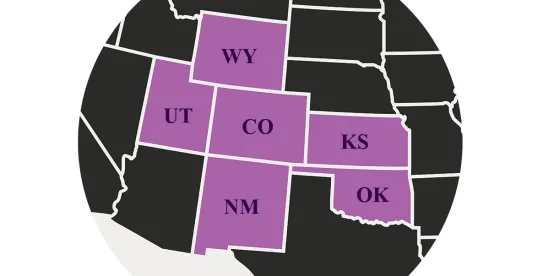Can a Defendant ban a TCPA repeat player from ever suing it again by using open-ended language in a settlement agreement? That seems to be possible following a ruling in a new suit from last week.
In Cunningham v. Vivint, Inc., Case No. 2:19-cv-00568-DBB-CMR, 2021 U.S. Dist. LEXIS 101999 (D. Utah May 28, 2021) a court refused to enforce such a term, but only because it was unclear whether that was what the parties had actually agreed to.
Here’s the clause at issue:
Cunningham hereby waives the right to commence, institute, participate in or prosecute any lawsuit, action, or other proceeding against the Vivint Released Parties, DSI Released Parties, and Trips Marketing Released Parties relating to, arising from, or in connection with the Telephone Consumer Protection Act or any other telemarketing law.
Defendant—rather cleverly in my view—argued that this clause had no temporal limit and literally meant what it said—Cunningham can never ever sue the Defendants respecting the TCPA or any related telemarketing provisions ever again. And while some might wonder whether such a clause is enforceable on public policy grounds, the Court suggested it was prepared to enforce the term and ban future suits—if that’s what the parties had actually agreed to.
But the Court was not convinced.
Cunningham countered that the sentence immediately before this provision spoke of a release respecting claims that had arisen as of the date of the settlement agreement. So, in context, this ban only referenced claims that had arisen as of the date of the agreement.
The Court determined a jury would need to solve this dilly of a pickle. So we’ll wait and see what happens next.




 />i
/>i
